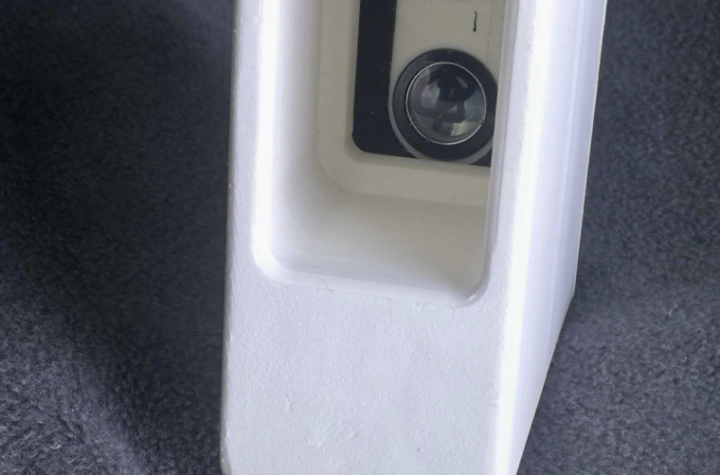
BlueSpace.ai, a leading autonomous driving software startup, announced that
it won a $1.6 million contract to enhance the perception sensing for future
U.S. Army unmanned ground vehicles led by the Army’s Robotic Combat Vehicle
(RCV) program. This effort will be in support of vehicles designed for
reconnaissance, surveillance, and other high-risk missions.
BlueSpace will leverage its commercial self-driving software to develop,
test and deploy to expand the perception sensing capabilities for the
unmanned ground vehicles for off-road applications, pushing the limits of
detection accuracy in diverse operational conditions, while reducing the
processing burden, all in various inclement weather conditions. This is
reflecting the tougher and higher bar for autonomy that some of the existing
commercial solutions have yet begun to address. BlueSpace’s dual-use
software demonstrates up to 100x motion accuracy detection relative to
conventional AV solution in the industry, boasting faster reaction time
without having the constraints of geo-fence limitations on its technology.
Facing growing competition from adversaries, the U.S. Army has proactively
engaged with the commercial tech providers, to utilize and incorporate in
defense use cases. BlueSpace’s robust autonomy solution will further equip
and strengthen the US Army’s unmanned ground systems for high-risk missions,
globally on a moments notice.
“Autonomy software has been very bespoke and custom and geo-fenced to a
specific area, limiting its use cases. We are excited that BlueSpace.ai is
able to meet the evolving needs of U.S. Army and adapt and grow to support
the RCV program globally.” said Christine Moon, Co-Founder and President of
BlueSpace.ai.
BlueSpace was founded in 2019 with the vision to make autonomy even more
robust with its explainable and scalable AI solutions, powering the next
chapter of autonomy by utilizing next-gen sensing modalities, namely FMCW
LiDar and imaging radars. Unlike other AV solutions, BlueSpace.ai uses its
proprietary “motion first” approach to autonomy which enables it to deploy
on day one without any prior training or HD maps. For off road sensing, this
is truly a game changer to allow for autonomy to be deployed where it
couldn’t have readily before. It also significantly reduces time and cost to
deployment since the software is not geo fenced and can be deployed
anywhere. Since its founding, BlueSpace has launched its software
domestically in NY, CA, NV and UT and internationally in Japan and Korea.
Commercially, when the AV industry is still chasing one edge case after
another, BlueSpace presents a solution to the long tail of rare but safety
critical scenarios in a generalizable way. With experience gained from
previous AV companies including Drive.ai, which was acquired by Apple in
2019, the founding team members present a robust solution to scale autonomy
both on and off road globally for defense and commercial use cases.
About BlueSpace.ai
Based out of Silicon Valley, BlueSpace.ai is led by industry veterans who’ve
launched autonomous vehicle services in Texas, California, and Florida. Joel
Pazhayampallil (CEO), was previously a Co-founder of Drive.ai (now part of
Apple self driving program), key contributor to General Motors’ SuperCruise
highway autonomy technology, and graduate of the Stanford AI Lab. Christine
Moon, Co-founder and President, has over 15 years of experience in Silicon
Valley, formerly Head of Android Partnerships for the Google branded Nexus
program, and has held various leadership roles at tech companies, including
Dropbox and Color Genomics.
Request for a demo and see it here http://bit.ly/BlueSpaceDemos











More Stories
Click Shield from MIKROE simplifies integration of Arduino Portenta with over 1600 Click boards
Optimizing Mid-Power Silicon MOSFETs for Automotive Applications
Paolo Pininfarina named the 2024 Laureate of The American Prize for Design